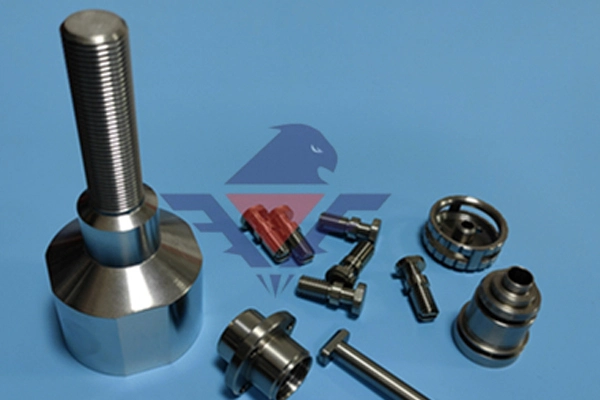
html
Swiss Machining: Precision and Efficiency in Manufacturing
Swiss machining, also known as Swiss screw machining or Swiss turning, is a highly precise and efficient manufacturing process used to produce small, complex parts with tight tolerances. Originating in Switzerland’s watchmaking industry, this technique has evolved to serve a wide range of industries, including medical, aerospace, and automotive.
What is Swiss Machining?
Swiss machining is a specialized form of CNC (Computer Numerical Control) machining that utilizes a sliding headstock and guide bushing to provide exceptional stability and precision. Unlike conventional lathes, the workpiece in Swiss machining is supported very close to the cutting tool, minimizing deflection and allowing for intricate detailing on even the smallest components.
Key Advantages of Swiss Machining
1. Unmatched Precision
The unique design of Swiss machines enables them to achieve tolerances as tight as ±0.0001 inches (0.00254 mm), making them ideal for critical applications where precision is paramount.
2. High Efficiency
Keyword: Swiss Machining
Swiss machines can perform multiple operations simultaneously, including turning, milling, drilling, and threading, significantly reducing production time and costs.
3. Material Versatility
These machines can work with a wide variety of materials, from plastics and aluminum to exotic alloys like titanium and Inconel, making them suitable for diverse industrial applications.
Applications of Swiss Machining
Swiss machining has become indispensable in several industries:
- Medical: Surgical instruments, implants, and dental components
- Aerospace: Precision fittings, hydraulic components, and fasteners
- Automotive: Fuel injection parts, sensors, and transmission components
- Electronics: Connectors, pins, and miniature electronic parts
The Future of Swiss Machining
With advancements in CNC technology and automation, Swiss machining continues to evolve. Modern Swiss machines now incorporate:
- Multi-axis capabilities for even more complex geometries
- Advanced software for improved programming and simulation
- Automated material handling systems for lights-out manufacturing
As industries demand smaller, more precise components with shorter lead times, Swiss machining remains at the forefront of precision manufacturing solutions.
